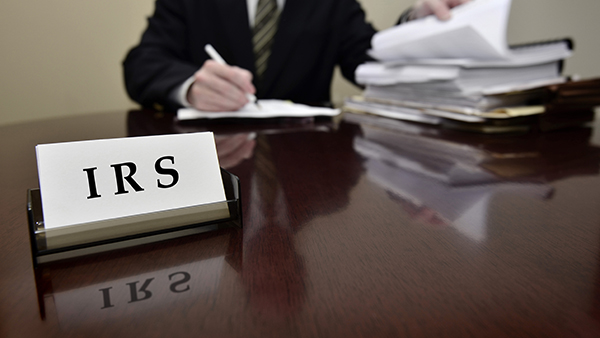So you’re in business … Okay, now what? That story is more involved than 500 words could ever explain. Rather, let’s look at one item that strikes terror into every business owner—the I.R.S., Uncle Sam, your silent partner … some might say The Grimm Reaper. The IRS has a specific duty: to collect money and enforce its rules. Understanding its rules and how they apply them to business owners will help you understand how to interact with this, oftentimes, difficult governmental department.
In the event the IRS decides to contact you, almost always by mail, and ask you to verify your business activity my fellow CPAs would shout with one voice: FEAR NOT! It simply comes down to your audit trail. In other words, you need documentational support for your business activity.
The audit trail is to accountants what the Yellow Brick Road was to Dorothy in the Wizard of Oz.
Accountants follow it to navigate the labyrinth of transactions, financial statements, and source documents generated by your business so they can reconcile the books.
Here’s a simple map of the audit trail:
Actual invoice Accounting system entry (general ledger) Accumulation of like expenses (journals) Income statement
Why should maintaining a clear audit trail matter to you? First, because it will help you rapidly identify and rectify any inaccuracies in your cashflow. Second, because the IRS demands a pristine audit trail if they ever audit your business.
Let’s take a closer look at the first point. Let’s say that a vendor accidentally sends you a duplicate bill after you have already paid it. You could go to your accounting software and type in the vendor’s name. Under their name, it will list all invoices they have billed to you. From there, you can match the invoice sent to the one already paid, obtain the check number and date for when it was paid, and then go to your bank statement to see whether it was cashed.
Armed with this information, you can easily contact the company and demonstrate their error, erasing a bill that might have been paid twice and gone unnoticed, all because of a sloppy audit trail.
As for the second point, the IRS follows the audit trail in every field audit they perform or letter audit they review. All expenses must be substantiated by source documents: credit card receipts, bank records, cancelled checks, mileage reports. It is best to keep your source documents for seven years as a safeguard in case the IRS knocks on your door. You should periodically audit yourself to ensure that you have a clean trail for all key transactions, such as cash collections, bank reconciliations, cash disbursements, and fixed assets purchases.
REMEMBER: accounting software is not in itself an audit trail. The audit trail is always substantiated by a source document.
But don’t dread, there is technology to help you. For example, apps that allow pictures of receipts to support credit card charges. Software programs that track cash, checks, payments, receipts, etc. Even mileage has become easier to track with your smartphone. In any case, simply set up a system that works for you and keep on top of it. You’ll end up far better off than the tax client that sits down in my office on April 14th with a shoe box full of half-faded receipts.
























0 Comments